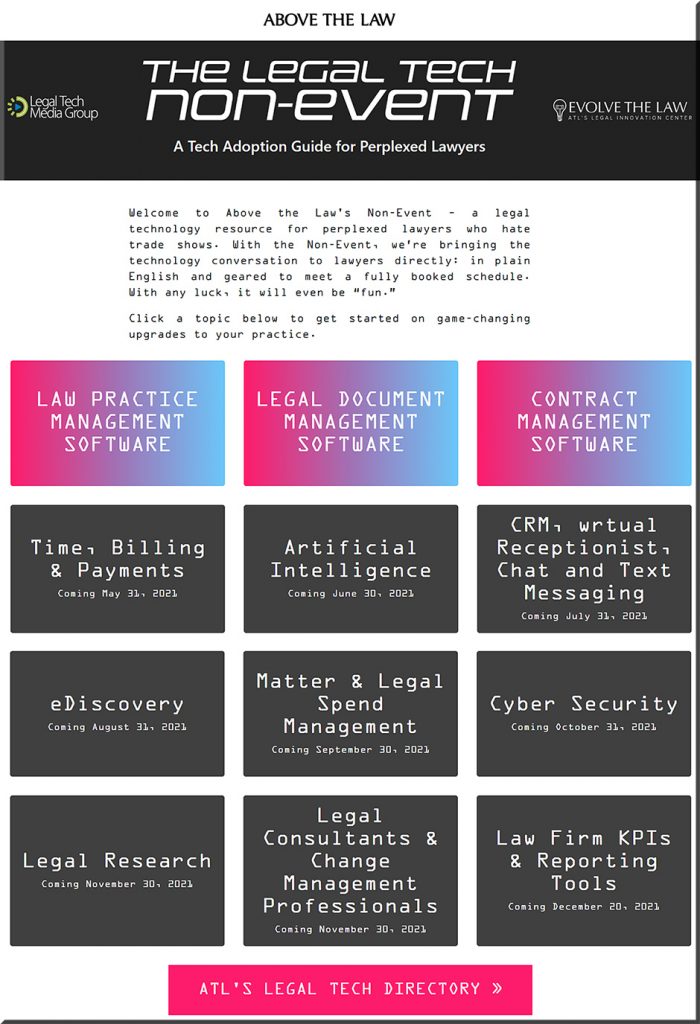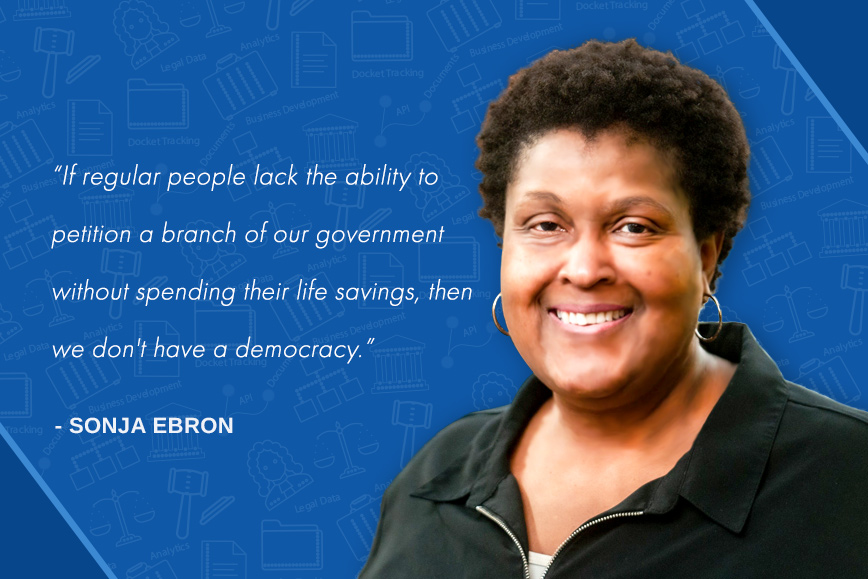Telemedicine likely to change how we receive health care post-pandemic — from mlive.com by Justin Hicks

A patient sits in the living room of her apartment in New York City during a telemedicine video conference with a doctor. (Mark Lennihan/AP)AP
Excerpt:
As we look to the post-pandemic future, medical experts believe telemedicine will be here to stay as another option to increase access to care, reduce costs, and free up doctors to spend more time with patients who need in-person care.
“When I think about the pandemic, one thing that didn’t change about our lifestyles is people are busy,” Lopez said. “I think we’ll still see growth in overall visits because of the fact that people want access to care and when you lower the cost, it should go up.”
From DSC:
A friend of mine said that he is doing most of his practice now via the telehealth route (and has been for many months now). Then, recently, when I was at the lab, the knowledgeable woman who assisted me said that she thought virtual health was definitely going to stick. Many doctors and nurses will be using virtual means vs. physical visits she said.
Expectations get involved here — for education, for the legal field, and for other arenas.













